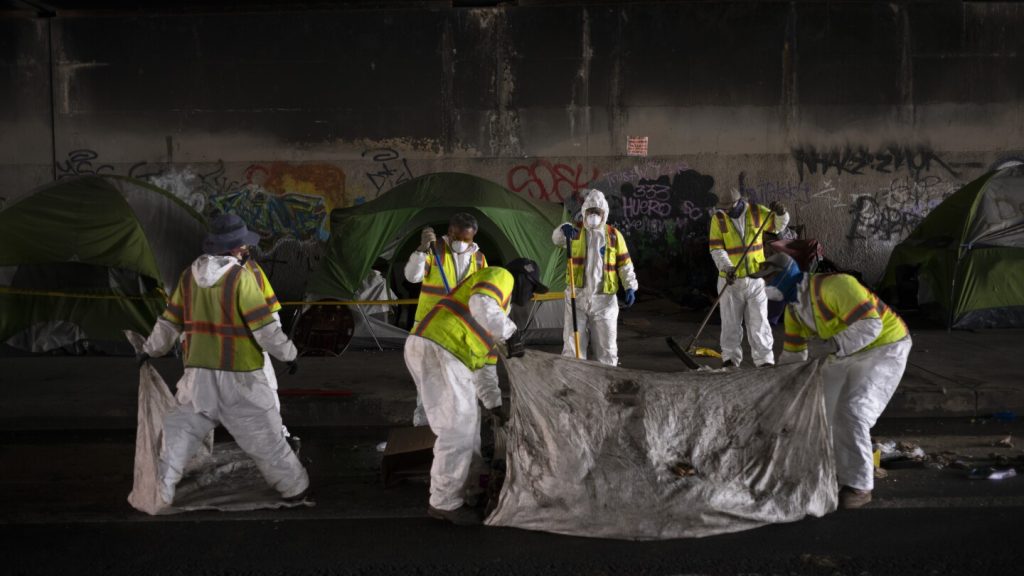California spent $24 billion over the past five years to address homelessness but failed to consistently track whether the massive public expenditure actually improved the situation, according to a state audit released on Tuesday. Homelessness has become a major issue in California, with an estimated 171,000 people homeless in the state, representing about 30% of all homeless individuals in the U.S. Despite the billions of dollars spent on more than 30 homeless and housing programs, California lacks reliable data to fully understand why the problem persists in many cities.
The audit, which analyzed five programs receiving a combined $13.7 billion in funding, found that only two programs were deemed “likely cost-effective.” The program that converts hotel and motel rooms into housing and another that provides housing assistance to prevent families from becoming homeless were identified as cost-effective. The program converting hotel rooms, a key component of Governor Newsom’s homelessness plan, was found to be at least 2.5 times cheaper than building a new home. The housing assistance program, which received $760 million over five years, offers financial aid to low-income families to prevent homelessness.
The remaining three programs, receiving a total of $9.4 billion since 2020, were unable to be evaluated due to a lack of data. Lawmakers, including Democratic state Sen. Dave Cortese and Republican state Sen. Roger Niello, expressed concerns about the lack of accountability and transparency in the state’s homelessness programs. Governor Newsom has made addressing homelessness a top priority and has advocated for laws to facilitate the treatment of individuals with behavioral health issues. A proposition passed in March imposes requirements on counties to invest in housing and drug treatment programs to combat homelessness.
The audit also highlighted shortcomings in the California Interagency Council on Homelessness, which oversees the implementation of homelessness programs. The council has not tracked spending or program effectiveness since June 2021 and lacks a consistent method for collecting outcome data. The state database contains inaccuracies, overstated participant numbers, and incomplete records. The council, established in 2017, has only reported on homelessness spending once, further hindering efforts to address the crisis.
In response to the audit, the council acknowledged the findings and pledged to implement recommendations where possible. They cited limited resources for data collection and noted that lawmakers had only required a one-time assessment. The council emphasized the need for local governments to play a more active role in tracking revenue and spending related to homelessness programs. The audit also reviewed spending in two major cities, San Jose and San Diego, and found deficiencies in their tracking of funding due to a lack of spending plans.
The state auditor’s report underscores the challenges faced in addressing homelessness in California and the need for better oversight, accountability, and data collection to assess program effectiveness. As the state continues to grapple with a growing homelessness crisis, stakeholders at all levels must collaborate to ensure that public funds are utilized efficiently and that programs are making a meaningful impact on the lives of individuals experiencing homelessness. The findings from the audit provide valuable insights for policymakers and advocates working to address this pressing issue in California.


